The WKKF Community Leadership Network (CLN) with the Center for Creative Leadership is an innovative fellowship that supports local leaders to connect, grow and lead transformational change toward a more equitable future.
CLN Class Two graduated August 2021. During nearly two years together, extended by the impacts of the pandemic, fellows have written books, started businesses, moved up in their careers – and most importantly developed networks of mutual support.
As they graduate, our fellows join a network of alumni that stretches the globe and strengthen their community work with new levels of confidence and boldness.
Leading
Prior to joining the CLN Class Two fellowship, Patrick Young was the training director for STRIVE in New Orleans. His work addressed the 52% unemployment rate among Black men by assisting people with job readiness, as the city’s mayor opened up new opportunities. Along the way, he met other alumni of WKKF fellowships who encouraged him to apply.
“Applying for the fellowship felt like playing college ball and then suddenly playing in the pros,” he says, “I’ll be honest, I was a little insecure, wondering if I’d fit.”
Young is also a formerly incarcerated person and says, “I also thought they’d ask for a background check and pass me up.”
“But what I’ve learned is leadership isn’t about accolades. Leadership is a behavior. It’s the ability to create, guide and deliver; the ability to help others create something, guide them through it and deliver them from one place to another. Leadership can be as simple as helping someone get a driver’s license, to getting someone into housing or transforming an entire organization.”
Patrick Young
Connecting
Young says the fellowship built a family orientation that filled a void during the isolation of the pandemic.
He also describes the collaborative exercises facilitated by the Center for Creative Leadership as being instrumental in helping him quickly adapt to the twists and turns of the past 18 months.
“Our last in-person meeting was in New Mexico. There was an exercise where everyone had one object that related to a task the group had to complete. In order to complete the task, you had to ask others for what you needed.
“It was really about how to build a network in the midst of a challenge or crisis, in order to get through the challenge. It was ironic, because right after that everything shutdown – and you had to do the same thing to get through COVID. You had to reach out and pool resources to assist people without housing, healthcare access, employment or the formerly incarcerated who didn’t get the stimulus packages.”
Growing
During the fellowship, Young, along with New Orleans-based CLN alumni, developed greater coherence and brought their different streams of work together. “We found a way to make sure all of us are connected on a daily basis.”
Young recently moved into city government where he’s director of the Office of Gun Violence Prevention for the City of New Orleans. He’s working with other Class Two fellows, Troy Glover and Joshua Cox, who is director of strategic initiatives for the city, to create a pipeline to connect young men and boys of color with the resources they need to succeed, as well as bringing young men to the table with city decision-makers.
Outside of his work with the city, Young wrote a book and companion workbook about economic equity for formerly incarcerated people. “It’s advocating for people like myself who want to re-enter and be part of society but are discriminated against everywhere they go. It’s working against society’s message that, ‘you can come back to the community, but you can’t engage.’”
Young also started SharpMen, which provides professional attire to men to assist them gaining employment. He said there are similar organizations for women, but his is unique in that it focuses on men.
Young says he now embodies a new fearlessness and boldness. “The intimidation is gone. The insecure feelings of what you lack – you can find what you lack by building community where you are. Then you can think not just about what I’m doing to transform my community, but how my community can transform the world.”

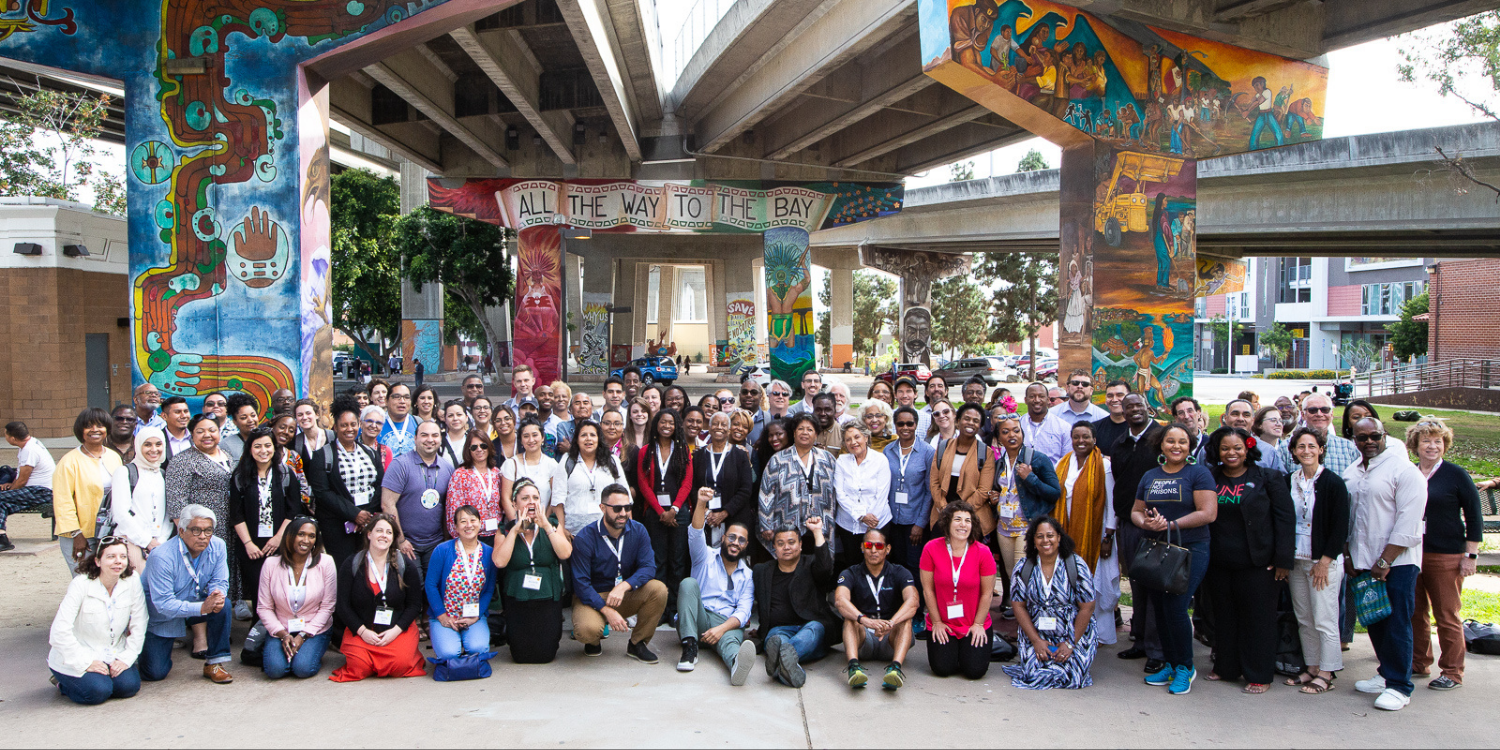
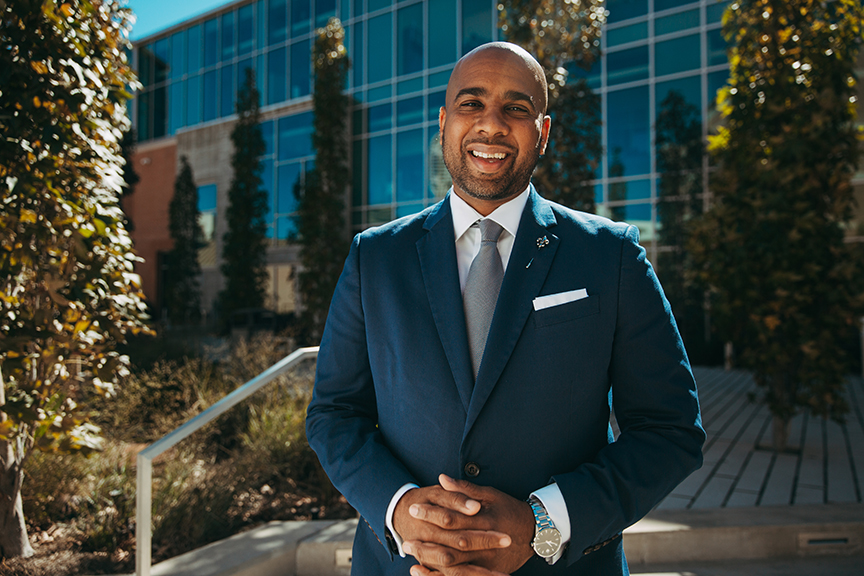
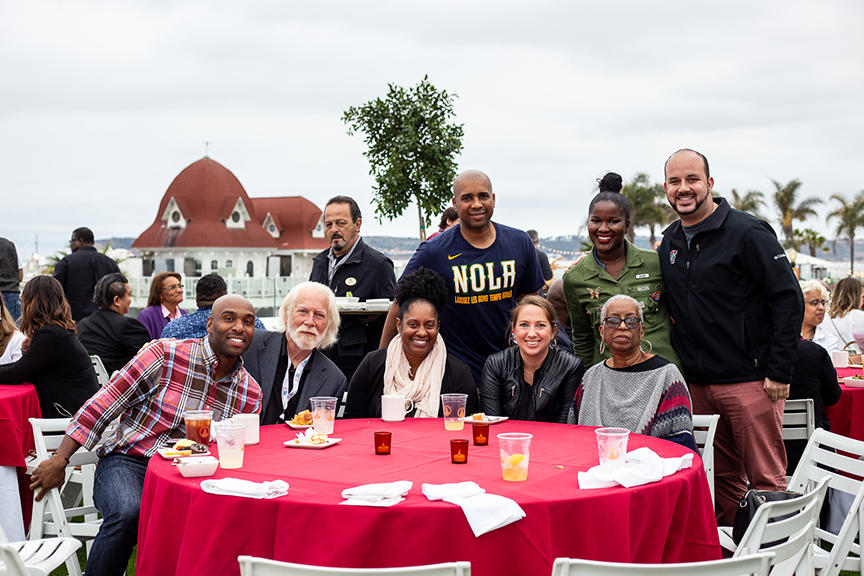
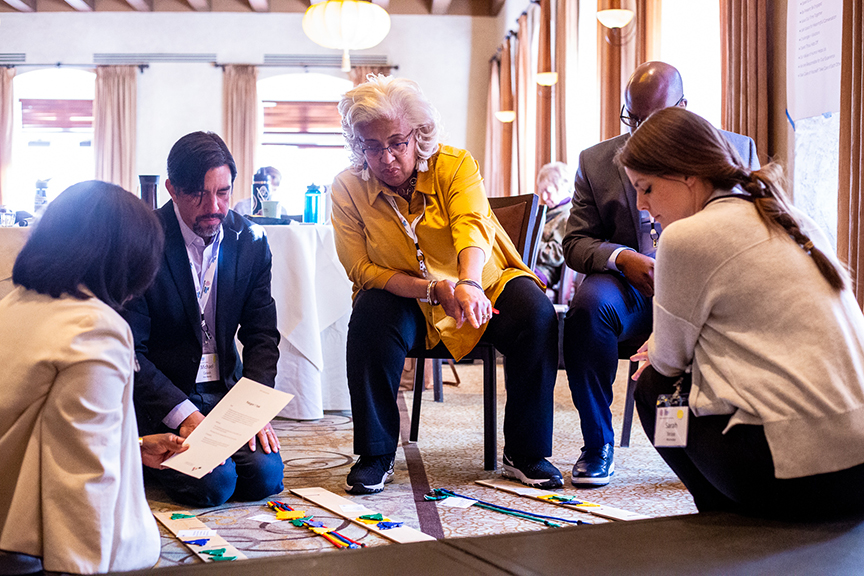

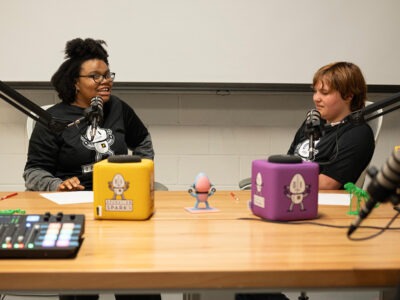
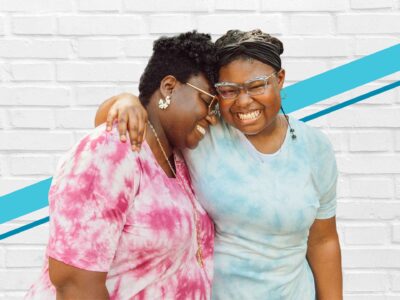
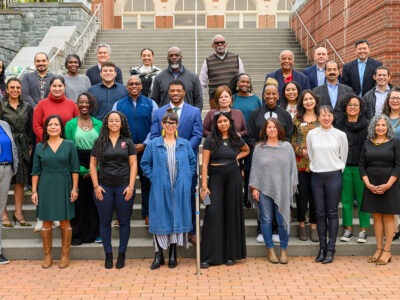
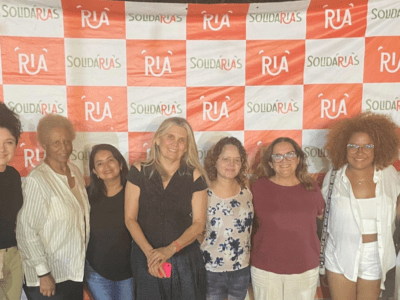
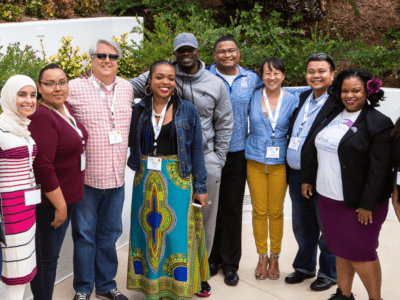

Comments